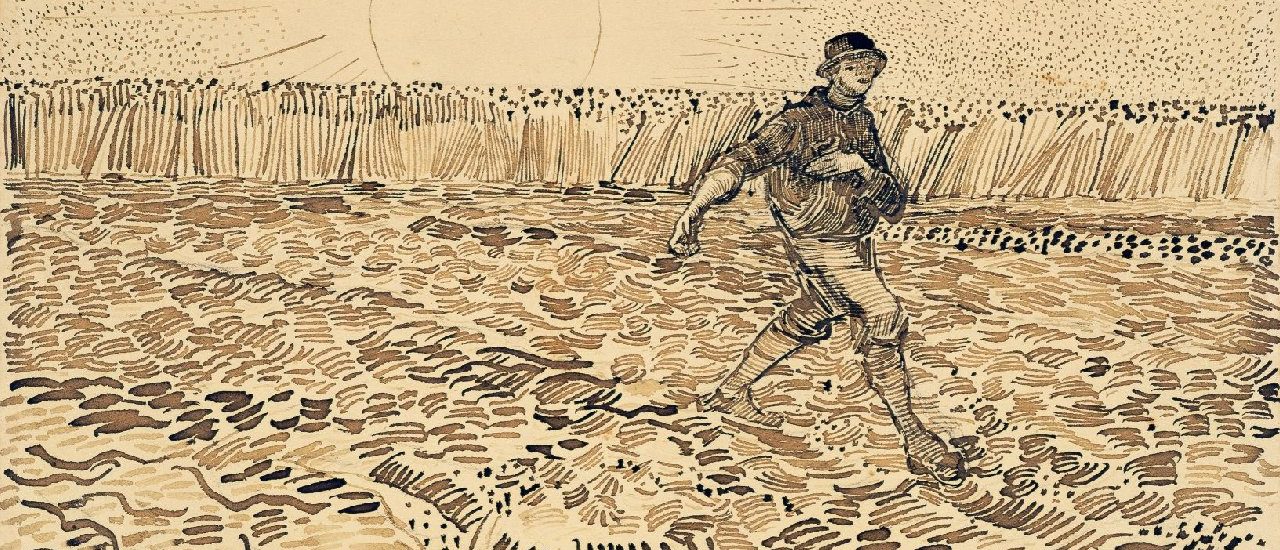Welcome!
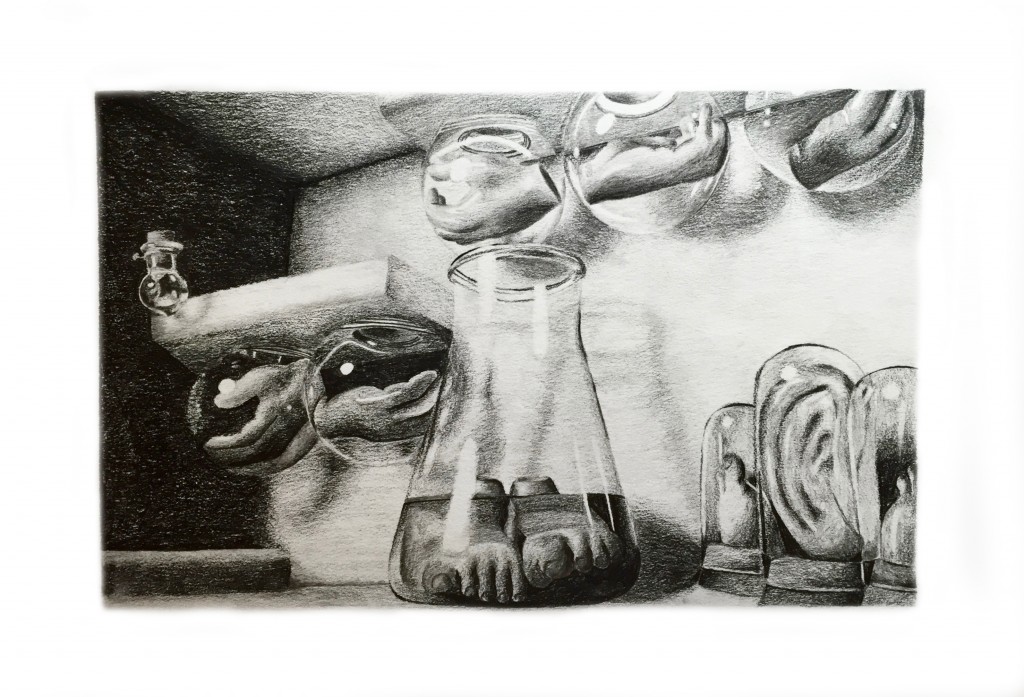
WEEK 15 FINAL CRITIQUE
READING DAY MAY 2nd Class does not meet, student work day for finals.
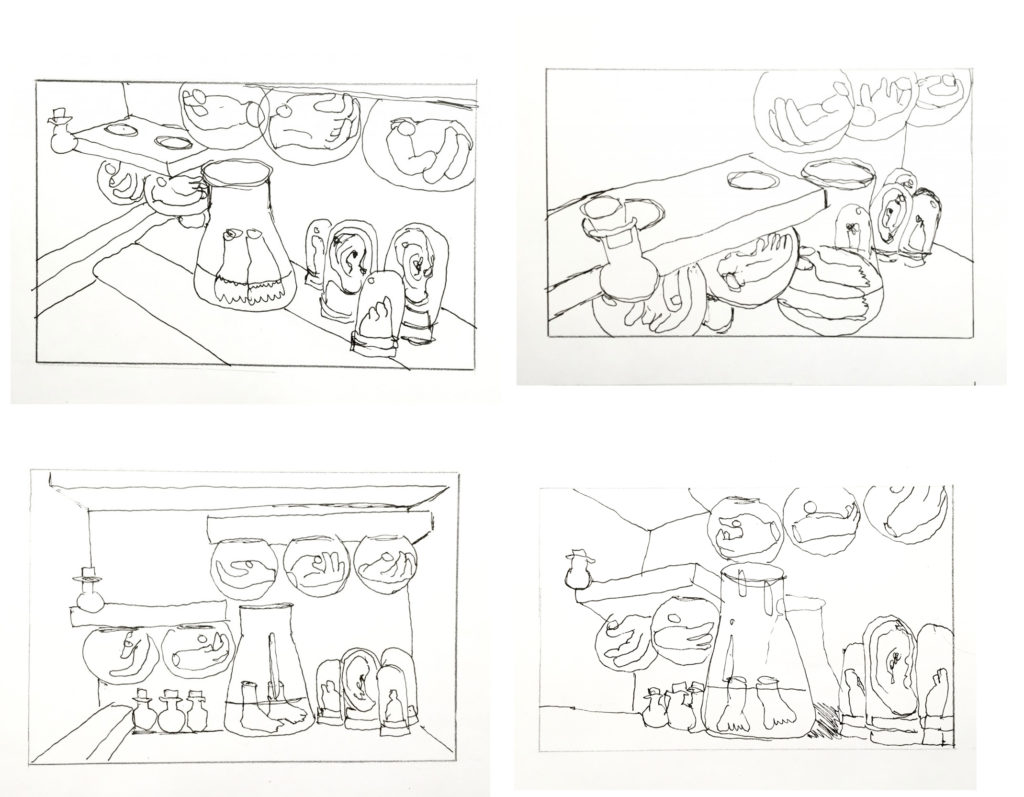
WEEK 14
Workday for final project.
INDIVIDUAL PORTFOLIOS REVIEWWEEK
WEEK 13 April 18th
Begin Final
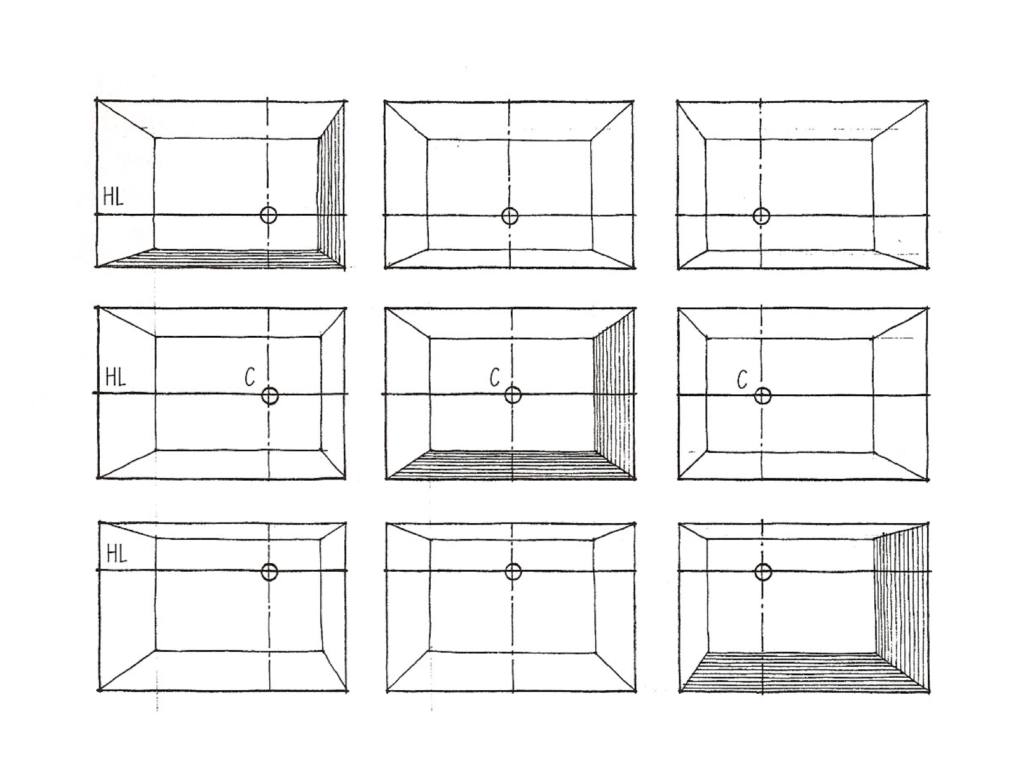
WEEK 12 Bring Model/Maquette WoOO and Build
1)Introduction to POV and Working in Series, using a view finder, identify 6 different compositions to draw: Aerial View, Frontal View, Mouses Point of View, Side view and Zooming in twice
2) Implementing light on to WoOO, create 6 various POV Drawings
Continued investigation of full value structure with comparison of continuous tone to more process-oriented hatching or stroking technique through the initial works for WoOO.
Homework: Work on all six POV drawings in a series.
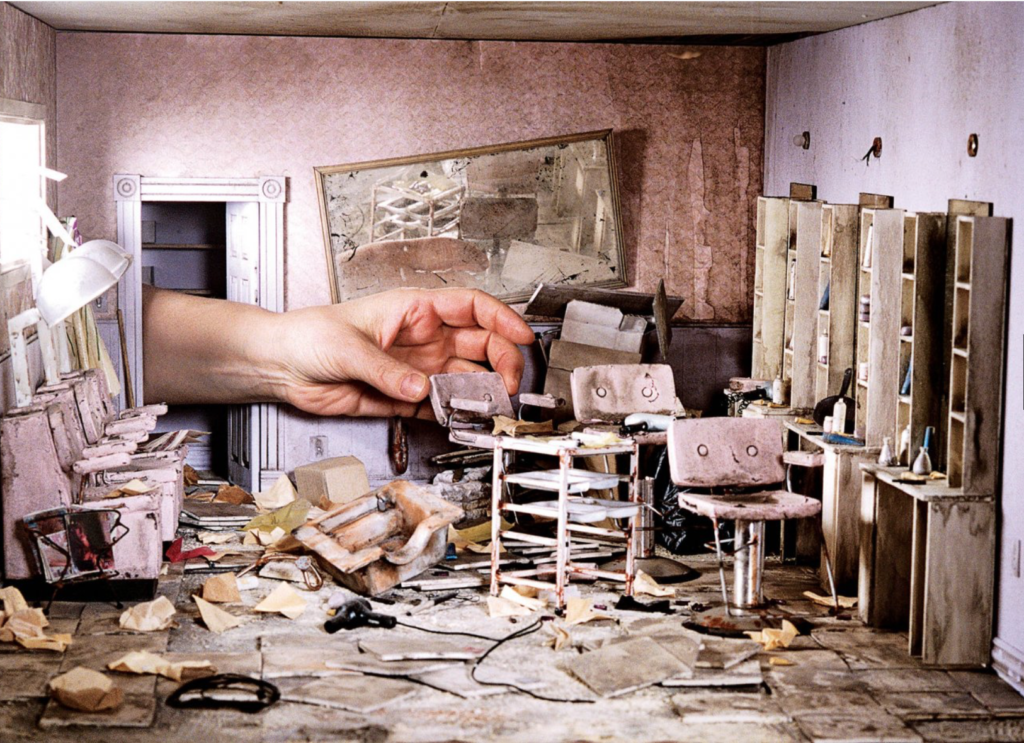
WEEK 11 Begin Final Project: A World of One’s Own
1) Bring in objects and building Materials for WoOO and Build
2) Continued investigation of full value structure: includes awareness of directional light source and combined use of
sensitive line and value structure
Homework:
Finish Building Model/Maquette
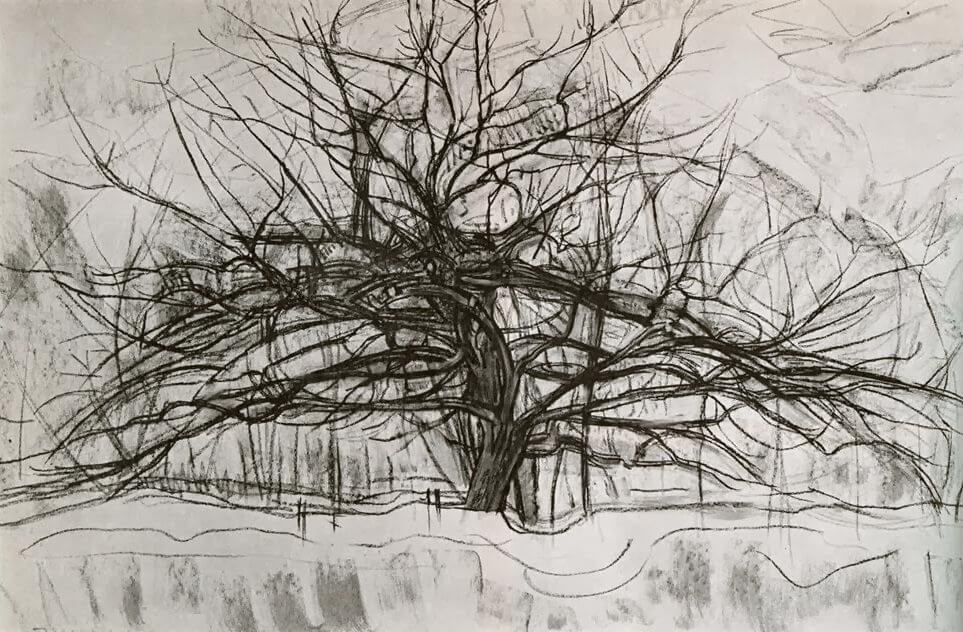
WEEK 10
1) Continued implementation of concepts above, studio work day Reinvention of and Old Master
2)Introduction to Final, View Artist who use Maquettes
Homework:
Finish Reinvention Project
Sketchbook:
Leaves exploring line quality
Journal Entry, 3 preparational sketches from memory story or social issue
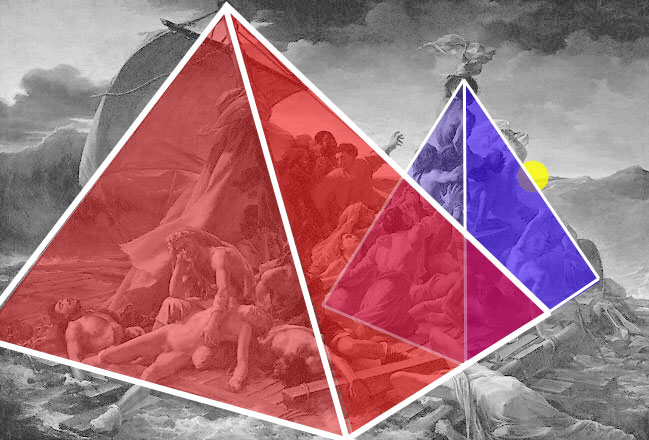
WEEK 9 Analysis and Reinvention Continued
1) Introduction to Scale, Scaling and implementation of grids and methods of transfer. Transfer composition derived by the Master Work Analysis
2) Revisit Full Tonal Value Drawing, complete and resubmit for next week.
2)Introduction to cross-contour drawing: line acting independently of edges to enhance volume and dimension. Emphasis on surface analysis and incorporation of line variation application to both regular and irregular forms; incorporation of line variation to further enhance volume.
Homework:
Continued work on Master Analysis
Sketchbook: Exploring line Sensitivity, draw 3 leaves from observation, focus on expressive line
COMPOSITION
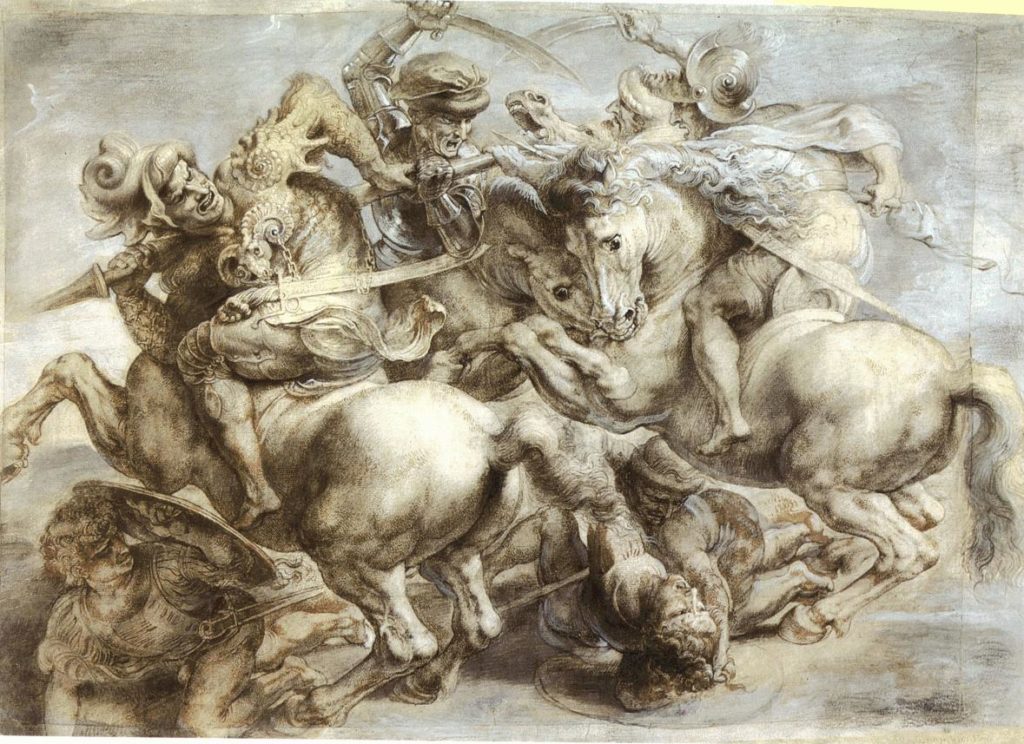
WEEK 8
Assignment: Analysis and Reinvention of and Old Master via
Line Texture Rhythm Pattern Value
Master Analysis
1)Continued investigation of composition: full-page study, analysis of Historical work via implied line and actualforms (geometries found in a tracing paper overlay)
1a Scaling Up
2) Introduction of Value Scales. Artists Explored: Julie Mehretu, VanGogh, Piet Mondrian, Rembrandt & Durer. Create a simple value scale in Charcoal in Sketchbook.
Develop/invent a value scale of textural marks & patterns. From Light to dark. (sketch book exercise)
3) Introduction to line sensitivity: exploration of line quality with emphasis on line variation and modulation to describe volume and mass (width of line – thick or thin; value of line– light or dark; texture of line – rough or smooth)
Homework:
Sketchbook: Textural Marks & Patterns Value Scale Continued
Expressive Tree Twig &Leaf Drawings
VALUE Continued
: SPRING BREAK
RESEARCH
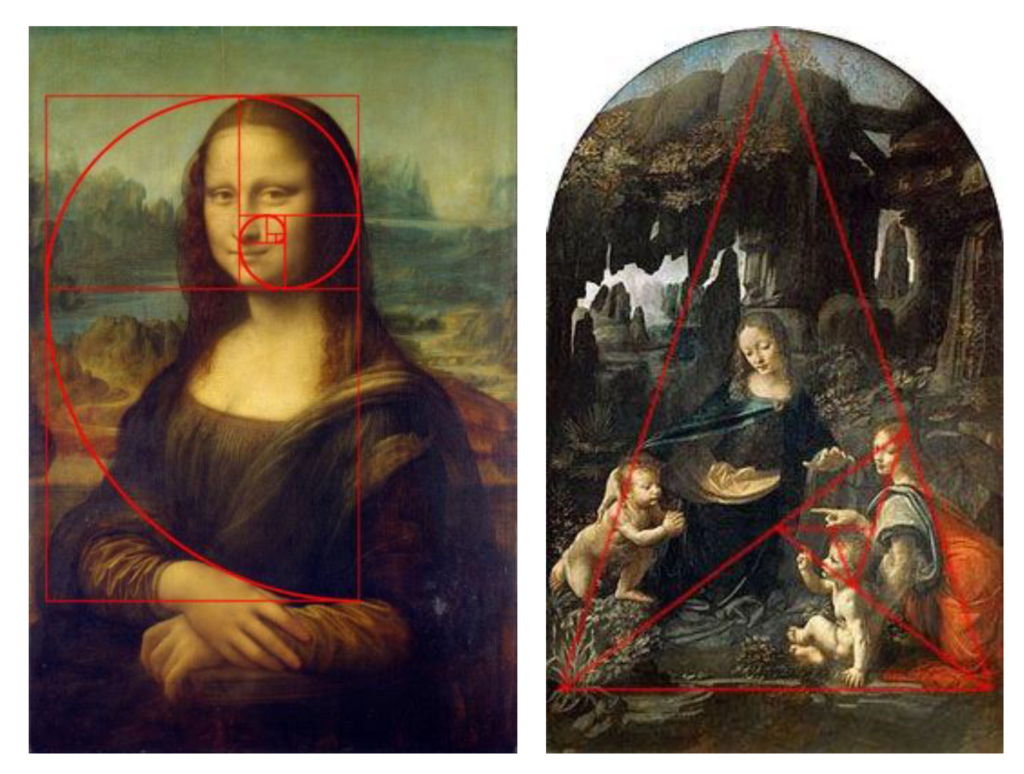
WEEK 7 MUSEUM TRIP
1) Students will visit the Met and choose one historical painting to analyze. At the Met sketch 10 paintings seen on sight. Remember, use compositional boundaries in sketchbook. While at the museum, sketch directly in front of your chosen art work, take a photo of each piece.
Homework:
Sketchbook: Finish the 10 studies begun at the museum
Write the name of the artist, the title of work and date by each entry.
Intro to Value
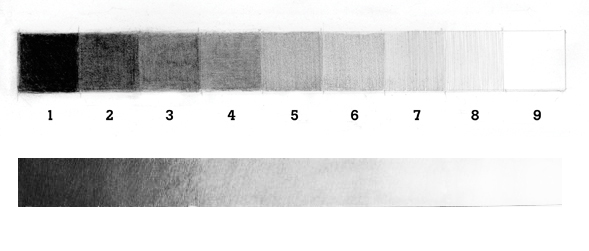
WEEK 6 VALUE
Assignment Still Life with Stopped Modeling and Still life with Full Value
1) Value Scales and Stopped Modeling. Emphasis on the Identification of Light Mass vs Dark Mass Introduction to
Value Structure
2) And identification of the six divisions of light and dark – highlight, light, shadow, core shadow, reflected
light, cast shadow.
Homework:
Finish Still the Two Still Lives
Sketchbook: Three Value Scales
- One graphite ( how to video)
- Two with texture/mark making or patterns
PERSPECTIVE
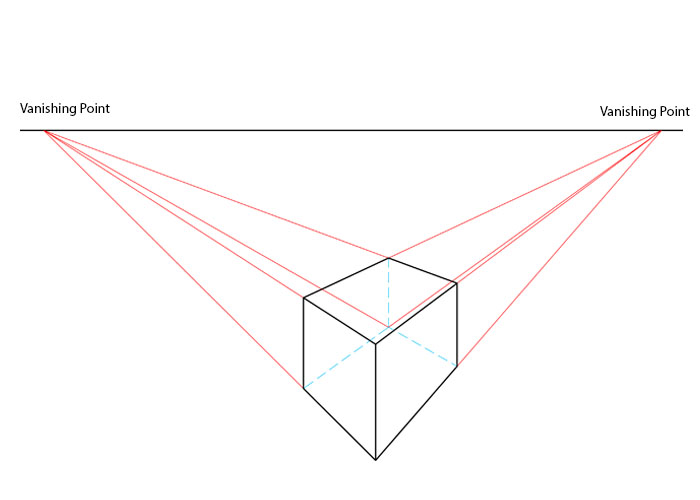
WEEK 5 PERSPECTIVE
Full Page Hallway Drawing Assignment
1) Consideration of Empirical & Aerial Perspective
2) Introduction to the Metropolitan Collection on line
Homework:
Finish 18 x 24in Linear Hallway Drawing .
Sketchbook: 6 compositional sketches of constructed forms either from life or invented
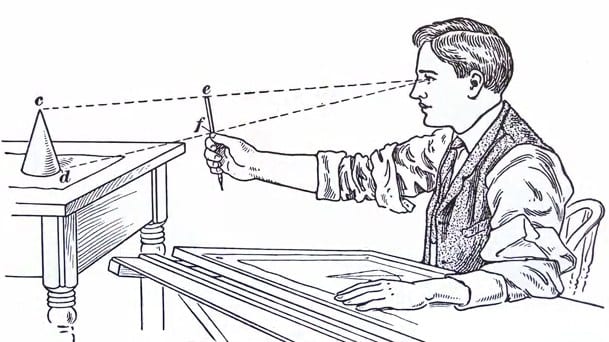
WEEK 4
Assignment3: Line Drawing: Still Life with Platonic Solids with ellipse and foreshortened organic object
1) Introduction into Constructed and Paraline drawing. Continued exploration of the three applications of sighting and establishing a point-of-reference object.
2) Study of ellipses, geometric solids, box flaps and inclined planes, cube manipulation, cube division, and scaling methods that further enhance volume.
4)View the Metropolitan Collection on line and view overview of the Met Collection
Homework:
Finish Linear Still Life containing the following: 2 platonic solids, 1 foreshortened organic object, example: banana and one object containing and ellipse.
Sketch book exercise: Print out or redraw the circle image below lay it down on a table, draw it from life in perspective. Circle Template
Feb. 6, 4:30 – 5:30 p.m.
Ben Jones Artist Talk (Part of the Black History Month Celebration)
Gothic Lounge (H-202) followed by a reception in the Lemmerman Gallery
LINE
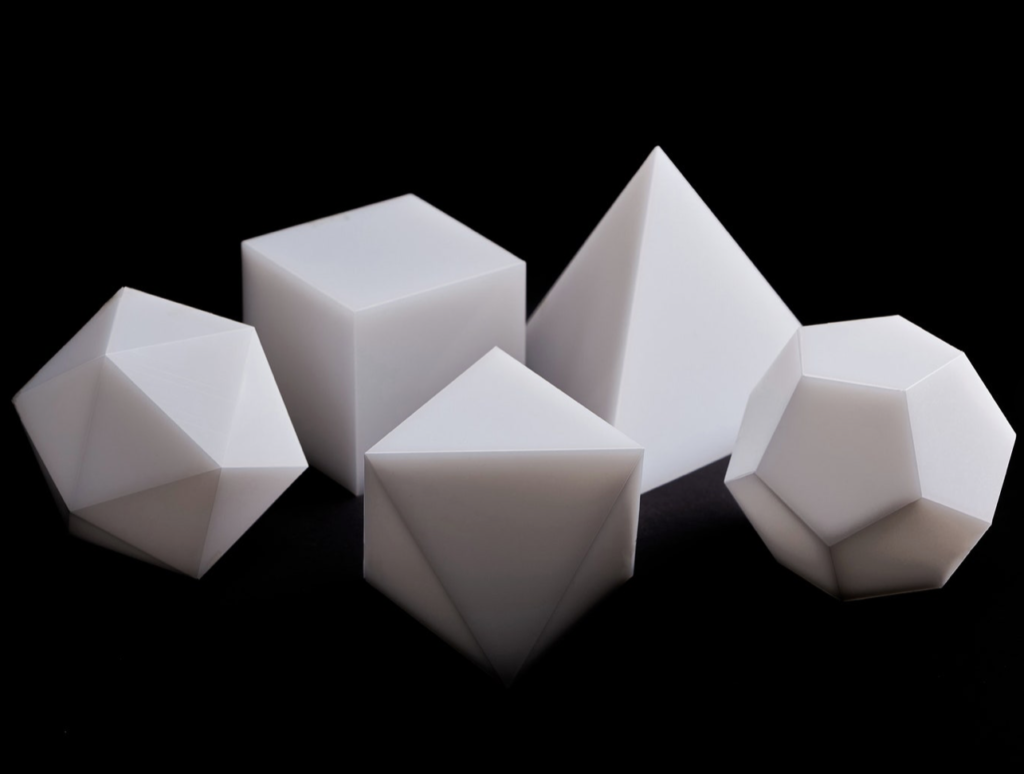
WEEK 3
Assignment 2 : Two 8 x 10 linear compositional drawings of platonic solids
1)How to transfer Platonic Solids to Constructions Paper or Card Stock
2) Construction of Platonic Solids.
2) Introduction to linear perspective: one-and two point perspective with emphasis on cubes.
Video by Patrick Connors
3)Sighting with greater complexity of objects and foreshortening introduced.
Drawings of Platonic Solids. Introduction to sighting, and the use of a sighting stick: sighting for relative proportions. For angles in relation to verticals and horizontals, and for plumb lines or points of relationship. Establishing a point
of-reference object for maintaining accurate scale relationships; exercises in point-to-point drawing.
Homework:
Finish Two 8 x 10 linear compositional drawings of platonic solids.
Sketchbook: 6 compositional sketches topic: 3 drawings containing 2 or more platonic solids
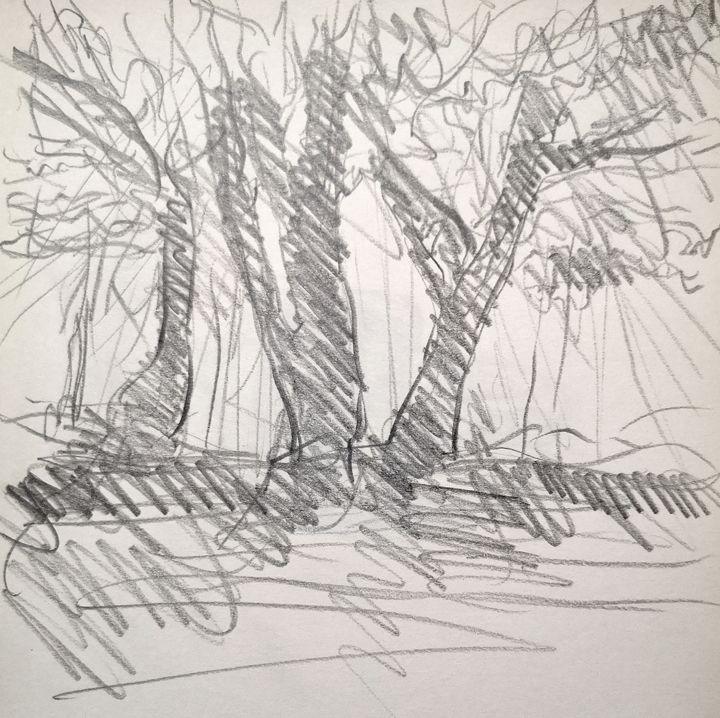
WEEK 2
Assignment 1: Two 8x 10 Negative Positive Shape Drawings
Introduction to LINE in drawing: Gesture, contour, continuous and blind.
Negative Postive Shape
1) Basics of Composition, *Analysis of an ink blot drawing. Symmetry-vs-Asymmetry and using a viewfinder: relationships and transfer of information from viewfinder to drawing surface.
2) Negative Positive Shape, Still-life: gesture to silhouette
Gesture, rapid contour drawing & refined contour drawing (modified contour drawing superimposed over a gesture/rapid contour drawing)
Create a “landscape” out of several artists’ stools.
Students draw this landscape analytically, focusing on structure and on spaces between forms. Discuss composition, balance and tension, continuance, closure, use of negative space.
Homework:
Finish Negative Positive Shape Drawings
*Sketchbook 6 compositional sketches topic: finish 6 small drawings derived from large in blot, focus: balance and negative positive space
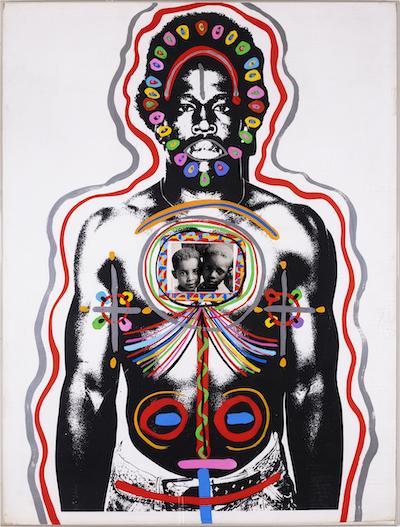
The Universe of Ben Jones
Ben Jones, Untitled (detail), 1980, Photo reproduction on board, acrylic and gouache, collage, 40 x 30 inches, collection of the artist. Photo by Manuel Acevedo
January 27 – April 3, 2024
The Harold B. Lemmerman Gallery
Opening Reception: January 27, 2024, 3:00 – 6:00 p.m.
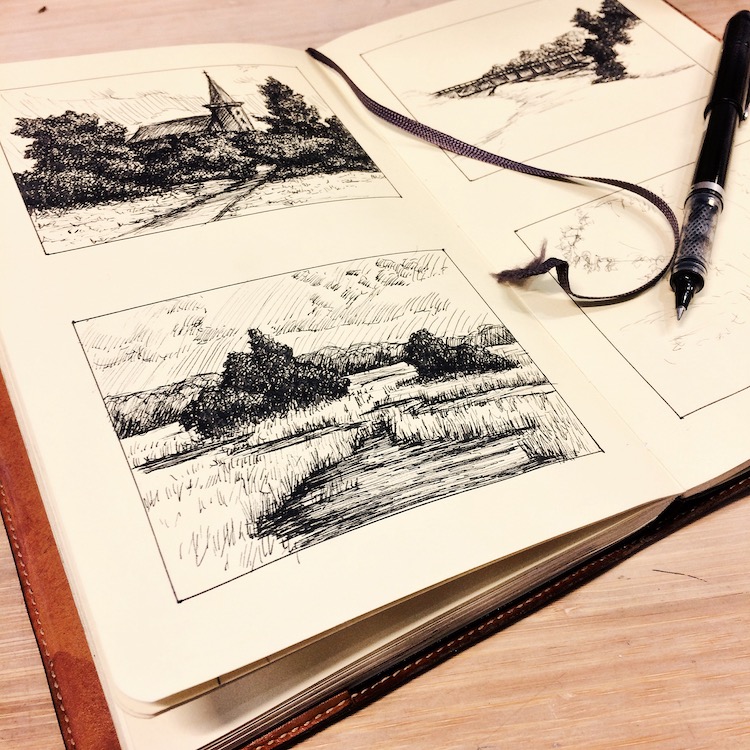
WEEK 1
Introduction, Syllabus and discussion Why Draw?
Sketch Books, Investigation of thumbnail compositional studies
Activity: Mind Map of a social Issue Ideation through thumbnails & Formation of Groups. Break out group 3o min
*Art by Luis Colan
Homework:
Mind map and social issue thumbnail drawings
Finish and submit to Blackboard
Make a View finder with a 3 x4 inch window. Here are some how to videos: Video One & Video Two
Gather Materials
